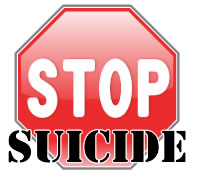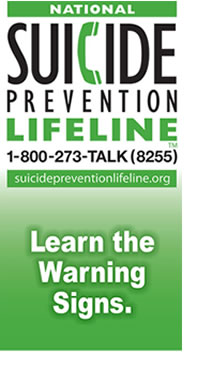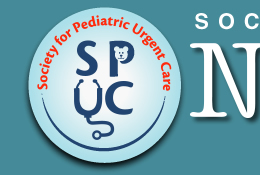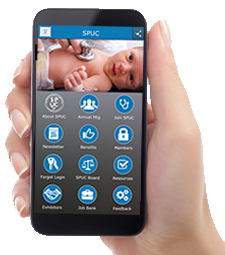News/Research
 Children’s Mercy Kansas City Starts Adolescent Suicide Screening Program
Children’s Mercy Kansas City Starts Adolescent Suicide Screening Program
The transition from childhood to adulthood is a critical time with a lengthy period of cognitive, mental, emotional and physical changes. Suicide is the second leading cause of death among youth ages 15-24. Many employees at Pediatric Urgent Care centers are trained to look for signs of depression in teenagers with physical symptoms.

Children’s Mercy Kansas City Northland Urgent Care started suicide screening adolescents aged 12+ in March 2014. Since that time, they have put together a research group to look at different aspects of the suicide screen. Their first manuscript, titled “Universal Adolescent Suicide Screening in a Pediatric Urgent Care Center”, was accepted by Archives of Suicide Research journal and recently published. The first manuscript is a description of the process and the results from their first year of screening. This urgent care group currently has an approved IRB to study how the suicide screen is perceived by their patients and caregivers, as well as urgent care employees.
Universal Adolescent Suicide Screening in a Pediatric Urgent Care Center
Aimy Patel, Catherine Watts, Sheri Shiddell, Karla Couch, Amber M. Smith, Michael J. Moran, and Gregory P. Conners
 The aim of this article is to describe the implementation of a two-question suicide screening tool in a pediatric urgent care center to identify patients at risk of suicide. Adolescents presenting during a 12-month period completed the screening tool. Positive response to either question triggered further social work evaluation, including a Columbia-Suicide Severity Rating Scale. Of 4,786 patients screened, 95 (2%) responded positively. Of these, 75 (79%) also had a positive C-SSRS. Only 7 (7%) had chief complaints related to mental health. Seventy-eight patients (82%) were discharged with outpatient mental health referral, and 10 (10%) were admitted to a psychiatric facility. Universal adolescent suicide screening in an acute care setting did not significantly affect flow in our pediatric urgent care and was able to detect those at risk of suicide, especially those with chief complaints unrelated to mental health.
The aim of this article is to describe the implementation of a two-question suicide screening tool in a pediatric urgent care center to identify patients at risk of suicide. Adolescents presenting during a 12-month period completed the screening tool. Positive response to either question triggered further social work evaluation, including a Columbia-Suicide Severity Rating Scale. Of 4,786 patients screened, 95 (2%) responded positively. Of these, 75 (79%) also had a positive C-SSRS. Only 7 (7%) had chief complaints related to mental health. Seventy-eight patients (82%) were discharged with outpatient mental health referral, and 10 (10%) were admitted to a psychiatric facility. Universal adolescent suicide screening in an acute care setting did not significantly affect flow in our pediatric urgent care and was able to detect those at risk of suicide, especially those with chief complaints unrelated to mental health.
Full article here.




 Institutional Sponsor:
Institutional Sponsor: